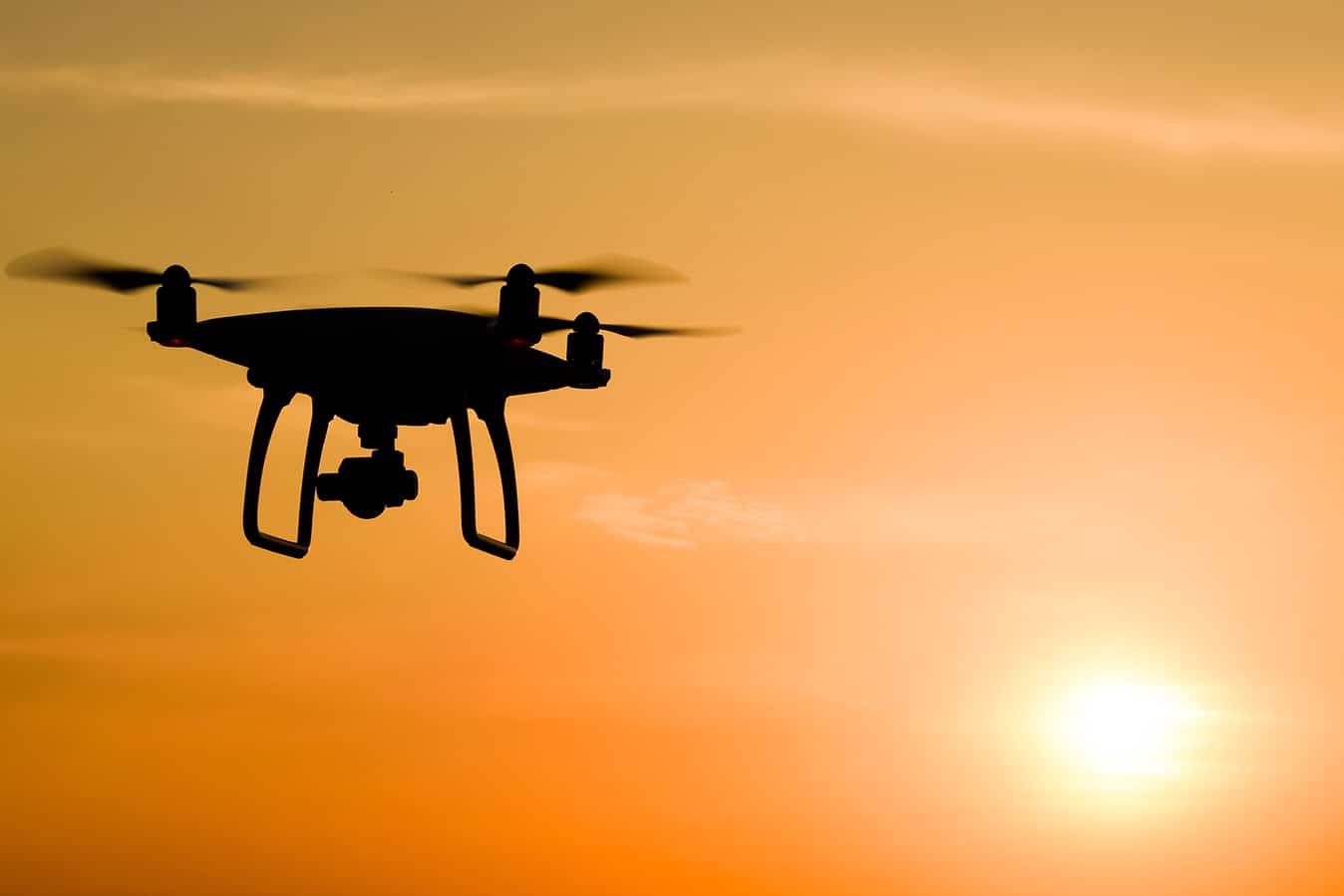Custom-made drones with a flying range of up to 250 kilometres will begin delivering potentially life-saving medicines to remote communities across the Northern Territory under a new trial hoping to give Australians living out bush more timely access to medical supplies.
The first ever healthcare drone trial for regional Australia, it is expected that the project will pave the way for the future delivery of critical items such as cold-storage COVID-19 vaccines across regional and remote communities.
The project is being funded by iMOVE, the national centre for collaborative research and development in transport and mobility, in partnership with the NT Department of Health and Charles Darwin University.
It is already underway and talks have now begun with manufacturers to determine suitable drone airframes capable of handling wet and dry seasons, and a maximum flying range of 250 kilometres.
Leading drone services consultants are advising on the project and drone pilots will soon be recruited and undergo specialist training.
The project will involve developing a drone test flight centre in the NT and working towards several key targets:
- Regular drone flights of up to 100km by the end of 2021
- Regular drone flights of up to 250km and regular transport of medical items to and from remote communities by 1 July, 2023
- Further development into drone delivery of cold-chain items, such as COVID-19 vaccines
iMOVE programs director Lee-Ann Breger was the brainchild behind the project and brought industry and government partners together to bring it to life.
“There are about eight million people living in rural and remote parts of the country, that’s about a third of the population living in places where getting life-saving medical supplies is not only a race against time, but also a battle against the tyranny of distance, harsh landscapes and unpredictable elements,” she said.
“Regional communities face medical access and health supply issues. This doesn’t have to be the case. We have the technology to put an end to this deprivation, especially in remote Northern Territory First Nations communities.”
Ms Breger said one of the project’s long-term goals was to create an efficient model so that drone health delivery services can eventually be rolled out in other regional locations across Australia.
“It’s ground-breaking and important work, with significant benefits for millions of people who live in regional areas,” she said.
“Drones seem an obvious solution, a potential game-changer. In the not too distant future, if you see a drone flying overhead in the middle of nowhere there’s a fair chance that technology is on its way to help someone or even save their life.”
You may have noticed ANMJ News is no longer available on Facebook.
Here’s where you can follow us on other digital and social media platforms:
ANMJ Twitter: Follow us at https://twitter.com/anmjaustralia
ANMJ News website: Save our website anmj.org.au as a favourite
ANMJ Newsletter: Get the latest news delivered to your email inbox by signing up to our e:Newsletter on our website’s home page anmj.org.au








